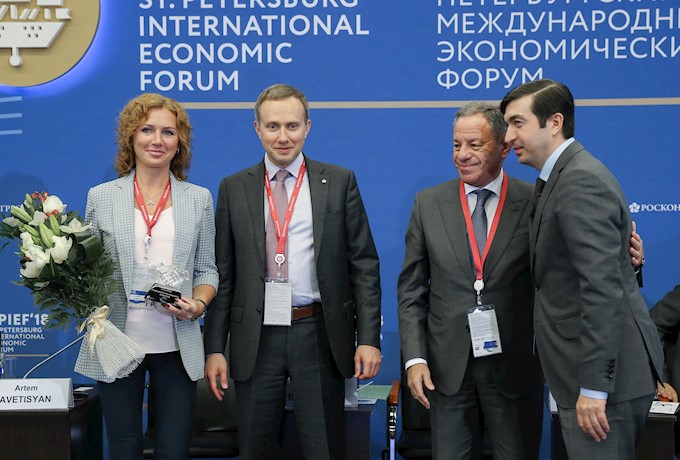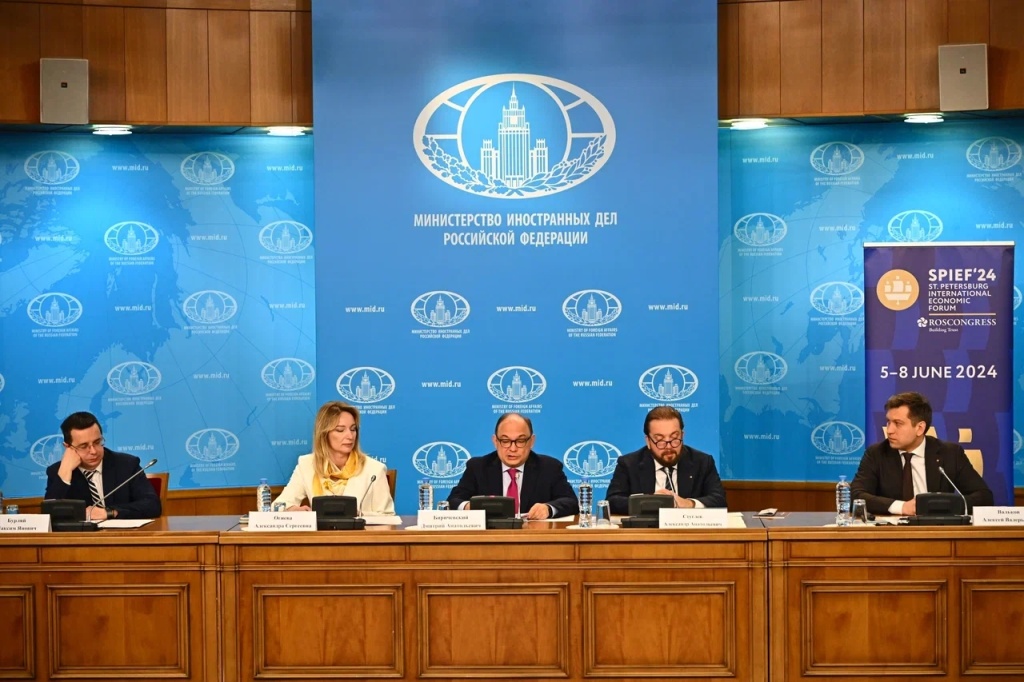
Major Russian and Foreign Corporations vs Small and Medium-Sized Enterprises: Building Trust between Customer and Supplier
KEY CONCLUSIONS
There are positive shifts in supporting and developing small business
“There is a headliner, a state corporation, but small businesses organize a host of services around it – and this is the key to success. Essentially, we establish an eco-system for growing hi-tech manufacturing, and we are already seeing results.” – Alexander Kalinin, President, OPORA RUSSIA.
“The number of stock items (goods procured from small businesses): 8,400 in 2015, about 100,000 in 2016, 160,000 in 2017, and this year we have already moved beyond 200,000 stock items. Now we can proceed to a larger-scale task – a matrix diversification of the economy.” – Alexander Braverman, Member of the Board of Directors, General Director – Chairman of the Board, SME Corporation.
Foreign companies actively work with SME
“We recognize the major importance of working with small enterprises and this is particularly important in agriculture. We have a special programme called Smart Barley, we’ve been running it in Russia for four years.” – Richard White, VP Procurement and Sustainability, Anheuser-Busch InBev Europe.
“We view ourselves as a platform for assembling various solutions for SME. […] We have suggested a series of small and medium-sized businesses for helping us process our waste.” – Erwan Dupuy, General Delegate for Russia and CIS, Saint-Gobain.
PROBLEMS
Material and time costs of participating in procurement and lack of uniform criteria
“Massive amount of paperwork is still a major problem. […] In addition to the large number of platforms, we should also keep in mind that participation costs might be as high as RUB 120,000 a year.” – Artem Avetisyan, Director of the New Business Department, Agency for Strategic Initiatives; Chairman, Leaders’ Club for the Promotion of Business Initiatives Non-Profit Partnership.
“A very difficult topic is proxy companies that either make it impossible for suppliers to win a tender or, if they do win the tender, they are subcontracted, losing between 20% and 30% of the cost of the contract.” – Sergey Glukhov, General Director, Leaders’ Club for the Promotion of Business Initiatives Non-Profit Partnership.
“The disparity of fines imposed on different parties is a hot topic for any business.” – Elena Dybova, Vice President, Chamber of Commerce and Industry of the Russian Federation.
Unfounded tender cancellations
“Frequently, a company pays a fee of RUB 15,000 – and this is a real case here – the tender is then cancelled; two days later, another tender was announced with a different number but the money was not returned.” – Artem Avetisyan.
Limiting access for new enterprises
“Sometimes tenders stipulate experience of 3–5 years as a mandatory condition, yet how can a new company gain such experience?” – Artem Avetisyan.
Avoiding competition
“A lot of procurement has shifted to sole suppliers. This is a troubling trend. Two years ago, 45% were sole supplier tenders; now they number over 50%.” – Alexander Kalinin.
“Specs and technical assignments are geared toward a specific supplier – developed by suppliers themselves.” – Sergey Glukhov.
SOLUTIONS
Simplification and standardization are required
“Certification and accreditation should be simple and comprehensible for small business.” – Alexander Kalinin.
“We propose a series of steps for small business. They include standardizing applications, a prohibition on requesting additional paperwork in procurement, standardizing guarantees and, starting 1 July, transitioning to SME procurement on integrated platforms.” – Alexey Lavrov.
Ensuring public procurement for SME via a quota system
“We have always advocated quotas. Particularly, we have the French experience to look to. In the 1970s, France used this mechanism to grow hi-tech businesses, and the French succeeded.” – Alexander Kalinin.
Price alone should not determine the choice of supplier
“A good supplier cannot always work on the threshold of profitability. I think that, if the price drops by more than 25%, expert assessment of the products supplied should be mandatory.” – Elena Dybova.
“We should conduct expert assessment of products. Our joint objective is to find fair formulae for price and quality to meet the demands of both customer and supplier.” – Anatoly Chabunin, Deputy General Director, Russian Railways.
Cutting the costs of participating in procurement
“Under [Federal Law] 44, as we propose and already implement, small business will not be obliged to provide any security for procurement at small tenders. We suggest that small business be exempt from providing a guarantee of fulfilling the contract if they have fulfilled three public or municipal contracts over the last three years. […] We suggest introducing the ‘second participant’ rule.” – Alexey Lavrov, Deputy Minister of Finance of the Russian Federation.
Developing trust between suppliers and customers
“Mutual trust between suppliers and customers is a two-way street and it should be mutual – and we are ready to continue our work.” – Yuri Zafesov, Director, Procurement Department, Rosseti.
Improving the mechanism for growing suppliers
“Another point is the current mechanism for growing suppliers; it has emerged, but many entrepreneurs say it is partially window-dressing.” – Sergey Glukhov.
“As for growing suppliers, there should be some preferences, but they should not curb the emergence of new players on the market.” – Anatoly Chabunin.








